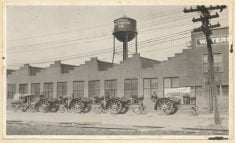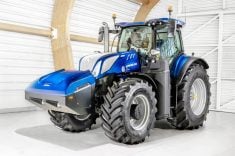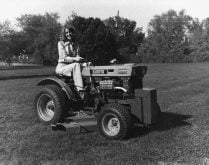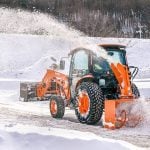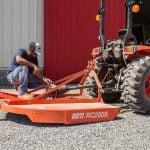After a hectic harvest season, it’s tempting to park machines in the shed, close the door and forget about them until next spring.
That’s not a good idea because equipment maintenance now can help cut costs, says one equipment manager. Dealerships looking to keep their mechanics busy in the off season typically offer discounted inspection rates for machines through the slower late fall and winter period.
“A lot of dealers will have inspection programs going,” says New Holland’s parts product marketing manager Aaron Booth. “There’s 15 per cent off (NH) OEM filters until the end of this year.”
Read Also
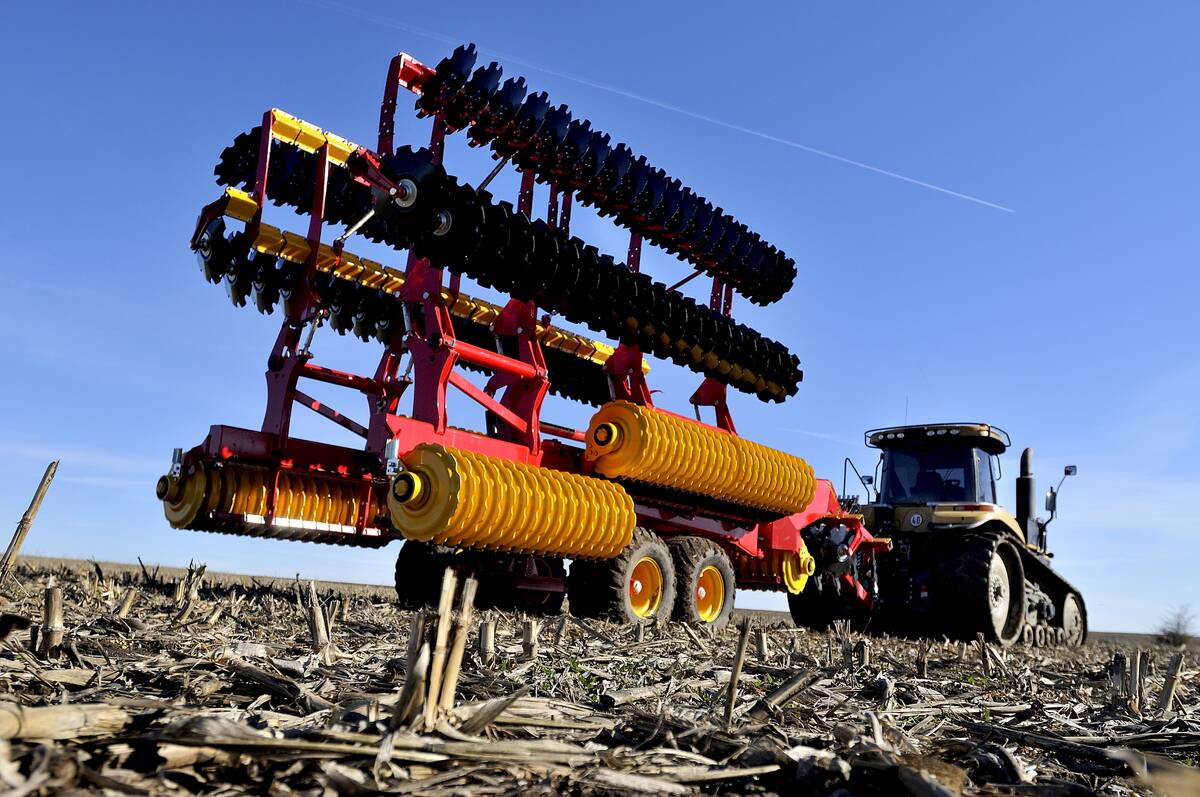
Evolution of European equipment manufacturers runs deep
A look at how Lemken and Väderstad have evolved from their traditional offerings of tillage equipment to include planting and seeding equipment in their lineups.
Many farms have fully equipped shops and employees capable of doing mechanical work, but having a dealership inspect a machine could still offer a benefit, Booth says.
“Because they’ve had so much experience with different models, they know where to look. They know this model machine in conditions around here is going to have these kinds of issues. They’re going to be able to go a little deeper with the equipment they have.”
When it comes to identifying wear on components early, brands may offer kits, such as auger liners for combines, to extend component life and postpone major repairs.
“Even if you’re doing your own repair work, connect with the dealer to see what options are out there,” Booth adds.
Make a checklist
Machines will often develop small problems during peak seasons that don’t force a stop to operations. Those minor defects can then be forgotten when harvest is over.
“The big thing for combines at the end of the season is having a checklist of what went wrong,” says Booth. “It’s not just mechanical issues, it’s software, your precision, and making sure all those little things that weren’t big enough to stop you, you take care of those right away. They tend to get put to the back of your mind and not get fixed until you realize a year later it hasn’t been done.”
Clean, grease
Giving machines, particularly combines, a good bath before they are parked for the season is also a good idea.
“All the dirt that gets packed in there is going to attract the wrong type of animals,” says Booth. “It’s going to get mice. The more you clean it up, the better off you’ll be.”
Greasing components and changing engine oil before long-term storage will help prevent damage.
“Engine oil does have those contaminants (from combustion) and the cold weather makes it a little thicker, which doesn’t help. So it’s a great time, particularly if you’re using a semi-synthetic that has a longer oil change interval, it’s going to be better for the engine as it’s sitting there.”
Protect batteries
Protecting batteries from discharge during storage is also key. Machines typically draw a small amount of amperage, which can discharge batteries over time and make them more susceptible to freezing in the winter.
“Make sure you disconnect it and put a maintainer on it,” Booth says. “They have smart (maintainers) now that let it draw down a bit and charge it back up. You don’t want a battery to sit in a reduced (charge) state.”
Leaving maintenance and repair until machines roll out of the shed in spring can be expensive, and as dealership service departments get busy, it could also cause delays.
“If you’re in the group of farmers that call a month before you want to use (a machine), it gets pretty hectic,” says Booth. “And that’s where you’re going to pay a premium.”




